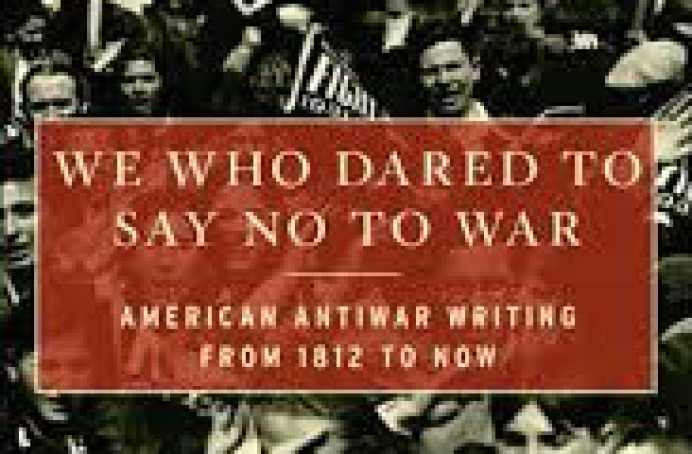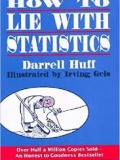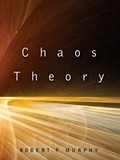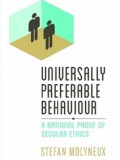Book

We Who Dared to Say No to War: American Antiwar Writing from 1812 to Now
We Who Dared to Say No to War uncovers some of the forgotten but compelling body of work from the American antiwar tradition—speeches, articles, poetry, book excerpts, political cartoons, and more—from people throughout our history who have opposed war. Beginning with the War of 1812, these selections cover every major American war up to the present and come from both the left and the right, from religious and secular viewpoints. There are many surprises, including a forgotten letter from a Christian theologian urging Confederate President Jefferson Davis to exempt Christians from the draft and a speech by Abraham Lincoln opposing the 1848 Mexican War. Among others, Daniel Webster, Mark Twain, Andrew Carnegie, Grover Cleveland, Eugene Debs, Robert Taft, Paul Craig Roberts, Patrick Buchanan, and Country Joe and the Fish make an appearance. This first-ever anthology of American antiwar writing offers the full range of the subject's richness and variety.
aboutLiberty Portal
Liberty Portal is your gateway for free markets and free thinking. We aggregate open-sourced content to promote and popularize important people and lessons within the liberty movement.
suggested
Darrell Huff
How to Lie with Statistics

Darrell Huff runs the gamut of every popularly used type of statistic, probes such things as the sample study, the tabulation method, the interview technique, or the way the results are derived from the figures, and points up the countless number of dodges which are used to full rather than to inform.
Read more
Bob Murphy
Chaos Theory

Among the most advanced topics in the literature in the Austro-libertarian milieu is that which deals with the workings of the fully free society, that is, the society with no state, or anarcho-capitalism. Robert Murphy deals with this head on, and makes the first full contribution to this literature in the new century. Working within a Rothbardian framework, he takes up the challenge of Hans Hoppe regarding the role of market insurance in property security to extend the analysis to the security of person. His applications are part empirical and part speculative, but unfailingly provocative, rigorous, and thoughtful. The title itself refers to the supposed chaos that results from eliminating the state but Murphy shows that out of chaos grows an ordered liberty. Anyone interested in exploring the farthest reaches of anarchist theory must come to terms with Murphy's account. This volume contains:Foreword Introduction (Jeremy Sapienza) I. Private Law II. Private Defens
Stefan Molyneux
Universally Preferable Behavior

Stefan Molyneux's Universally Preferable Behavior, "presents radical and rational arguments for a nonreligious, non-statist, entirely secular set ethical standards which validate the nonaggression principle – thou shalt not initiate force against thy fellow human – and the fundamental logic for respecting property rights.." Read it for free at https://freedomainradio.com/free/
Read more


